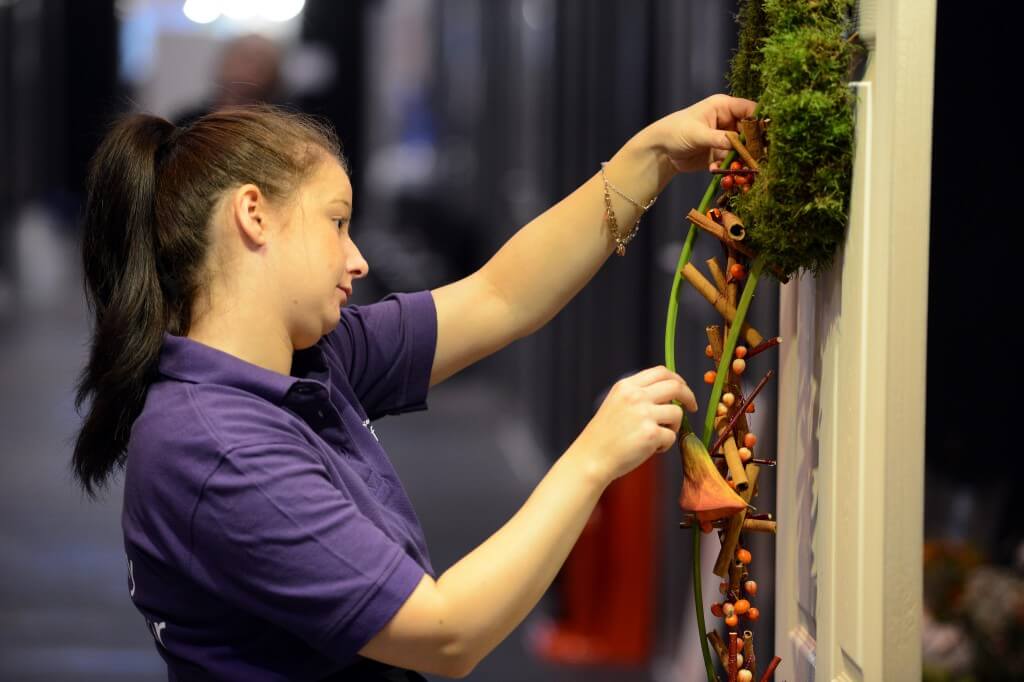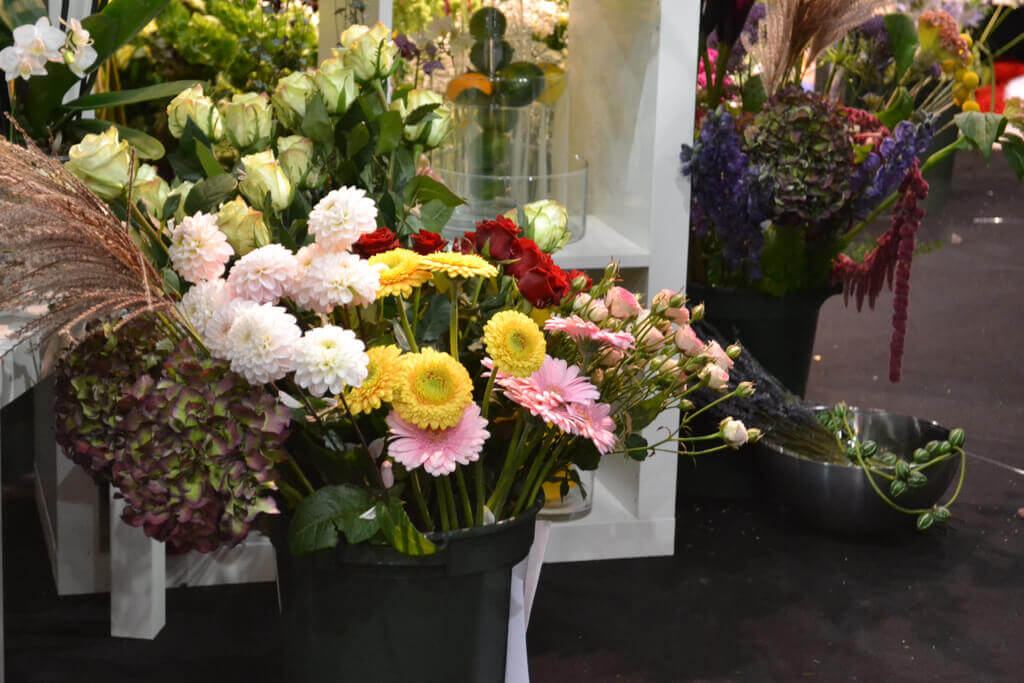
How To Become a Florist UK
Flowers are a great gift for any occaision. Whether it’s a birthday, Mother’s Day or you just feel like being nice – a colourful bunch of spring time lillies always seems to do the trick. Indeed, the site of flowers outside a shop can be a very welcome site, as you drive past and remember you forgot to buy your partner a gift for Valentines day. Of course, choosing the flowers is the easy part. As it turns out, though, there’s a lot more to the art of floristry than you might have imagined. It’s not all pretty flowers and neat wrapping! With this in mind, we have explored the intricate world of flower arrangement to answer the question: How Do You Become A Florist?
Is Floristry a Good Career?
That depends entirely on your opinion of what makes a good career. One of the biggest factors people normally attribute to being happy in their career is job satisfaction. With that in mind it is certainly worth trying a floristry experience, to see if it is definitely what you would like to do for a living. That being the case, if it’s something you love to do – then it’s definitely a great starting place for a potential career.
There are many different routes, options and pathways you can take to become a florist, as you are about to discover.
What Does Floristry Involve?
Well, as you have probably guessed by now floristry involves working with flowers – although it is so much more than that. When people think of floristry, they normally think of arranging large bouquets of flowers for individual sale. While this does comprise a proportion of the work, you could also be arranging a flower layout for a wedding or organising an event like a birthday. Bespoke requests are common in the floristry, so you might even find yourself an integral part of someones wedding proposal! Equally, you’ll have to have detailed and intricate knowledge about the flowers you’re providing to customers – after all, you are the expert!
As well as this, it’s also important to cultivate the flowers and make sure they are stored under the correct conditions. Different breeds of flowers thrive in different enviroments, so having this knowledge is pivitol in making sure all of your flowers don’t die before you can sell them. Additionally, meeting deadlines, time management and working under pressure are all skills you will have ot deploy at different points in your career as a florist.
Do You Need Any Qualifications?
There are currently no set qualification requirements for becoming a florist in the UK. Having said that, there are plenty of educational options you can puruse in floristry that will help develop your skills and show potential customers/employers you have experience. The British Floristry Assocation states that there are two main educational ways into the trade, via an Educational College, or work based placement.
By taking the college based route, you will be spending your time between academic theory work and pratical excersises – learning from a professional teacher the whole way. This will eventually lead you to achieving an NVQ in Florsitry, of which there are between 1 and 5 levels. By doing this, you’ll not only get a great qualification to hang up on the wall at home but also dramatically increase your employability.
The second route is an apprenticeship based work placement. This is mainly designed for people who either currently work, or at least have experience in the florsity industry already. The apprenticeship is still managed by a college or educational institute, but you do your day-to-day learning on the job at an actual floristry business. This normally contributes towards the level 2 or 3 NVQ, and you also get valuable experiences of working in the industry.
What Kind of Salary Can You Expect?
This figure can vary depending on your employment status, experience and skill. However, assuming you are employed by a business, you will look to start out at around £14,000 a year. More experienced Florists can command upwards of £20,000 if they have worked for a few years.
A more in depth analysis on salaries expected in this kind of floristry employment can be found on the Government Careers site.
Most people who want to become a florist, however, have the ambition of owning their own business – effectively becoming self-employed. In this case, your earnings will fluctuate depending on how many clients you have, how many orders you complete and overheads such as materials or wages. While the work load is undoubedly higher taking this route, the financial rewards may be much greater in the long run. If this route sounds more like your cup of tea, Companies House – the arm of the government responsible for incorporating and dissolving businesses – is a great place to start and get all the information you need.
Becoming a Florist in the UK certainly takes a lot of work. The training and qualifications that – although not essential to become a florist – are available take time and patience to complete. Even after that, however, the graft doesn’t end. If you decide to go self-employed, building your client base and reputation is essential in keeping a constant stream of business – all of this requires you to be persistant and dedicated. That being the case, if floristry is your passion then it will all be worth it in the end.
As they say – find a job you love, and you’ll never work a day in your life.




